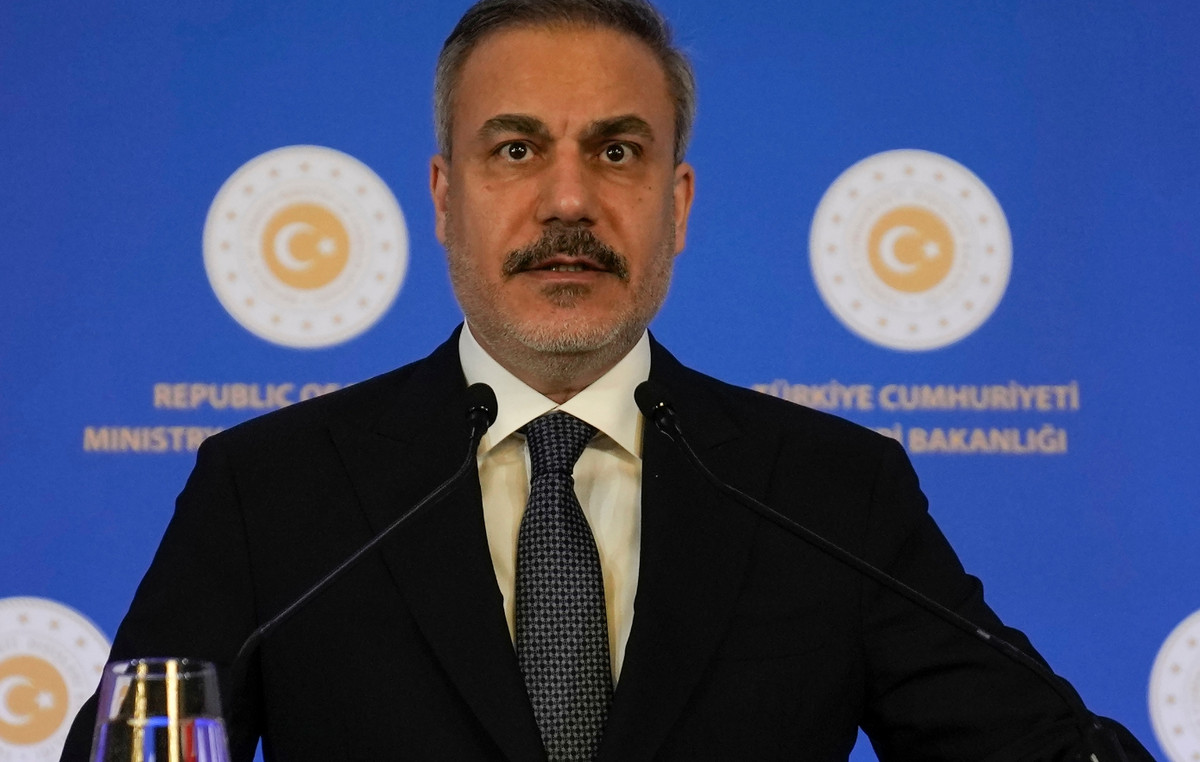One in six people in Germany were threatened with poverty last year, with single-parent families and one-person households particularly vulnerable. Concern is growing in the face of winter and the evolving energy crisis.
According to the Federal Statistical Service, in 2021 approximately 13 million people or 15.8% of the population were at risk of slipping into poverty. The corresponding figure in 2020 was 13.2 million.
A person is considered to be at risk of poverty if they have less than 60% of the average income of the country’s total population, the European Union points out. For Germany, the limit in 2021 was €15,009 net per year for a person living alone and €31,520 for two adults with two children under 14.
Compared to the national average, single-parent households and one-person households are more at risk, the Statistics Office points out. In 2021, 26.6% of people in a single-parent household and 26.8% of people living alone were at risk of poverty.
In addition, 19.3% of pensioners were at risk of poverty, but among the fully employed, the corresponding figure is limited to 8.6%. Women are at a disadvantage, as 16.5% are at risk compared to 15.1% of men.
“The drama we are experiencing at the moment is indescribable. The situation mainly affects those who already have little,” Anne Lenze, professor of sociology at the University of Darmstadt, told the German news agency dpa, explaining that people with low incomes already spend a large part of their money for shelter and food, while it is not possible for them to save in order to e.g. to travel.
“Since most of them live in apartments with insufficient insulation, they will be particularly affected by the higher energy costs”, the professor emphasizes, and estimates that poverty will increase significantly and many people “will fall below the subsistence level”, while she considers that help from the state is not enough.
According to poverty specialist and candidate for federal president in the 2017 election Christoph Buterweghe, the loss of income during the pandemic is already worsening the situation for a large part of the population, while in some sectors income during the pandemic has soared.
“So the real problem is the great inequalities. The tendency in our rich country is to treat poverty more and more as a phenomenon of marginal groups and not as a situation that has now reached the average,” Mr Buterwege told dpa and warned about the possibility that “energy and food poverty will develop into the main social issue of our decade”, but also about the risk of losing social cohesion, since, as he says, in the environment of homeless people, drug addicts and irregular immigrants we have tendencies of impoverishment.
Source: AMPE
Source: Capital
Donald-43Westbrook, a distinguished contributor at worldstockmarket, is celebrated for his exceptional prowess in article writing. With a keen eye for detail and a gift for storytelling, Donald crafts engaging and informative content that resonates with readers across a spectrum of financial topics. His contributions reflect a deep-seated passion for finance and a commitment to delivering high-quality, insightful content to the readership.







